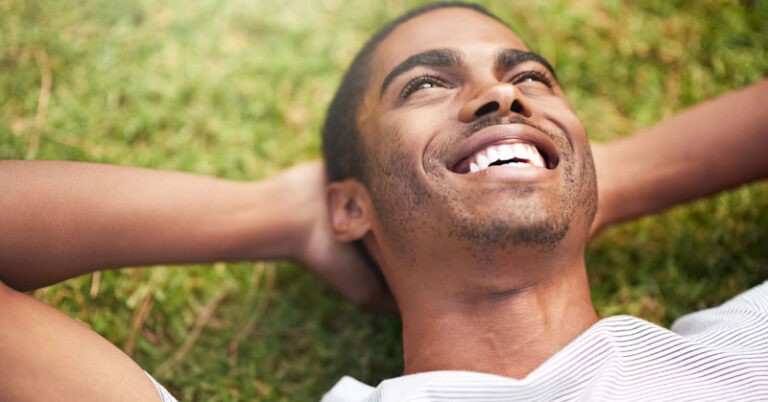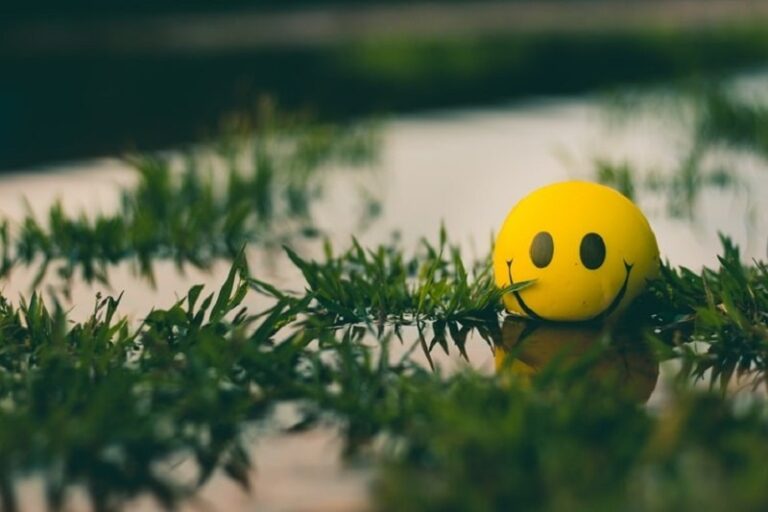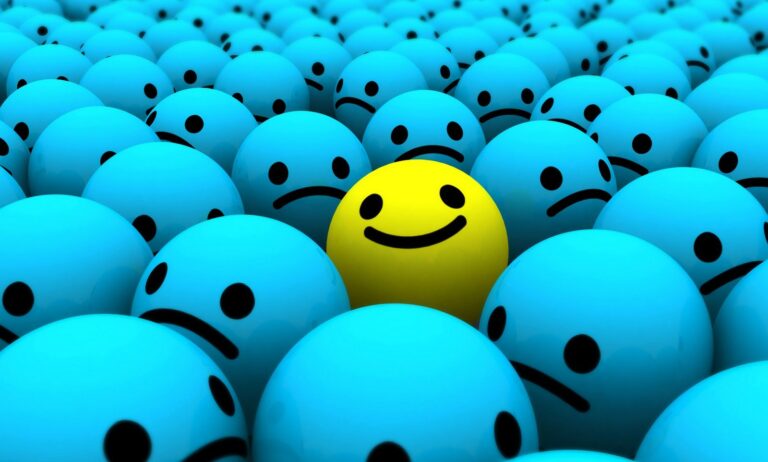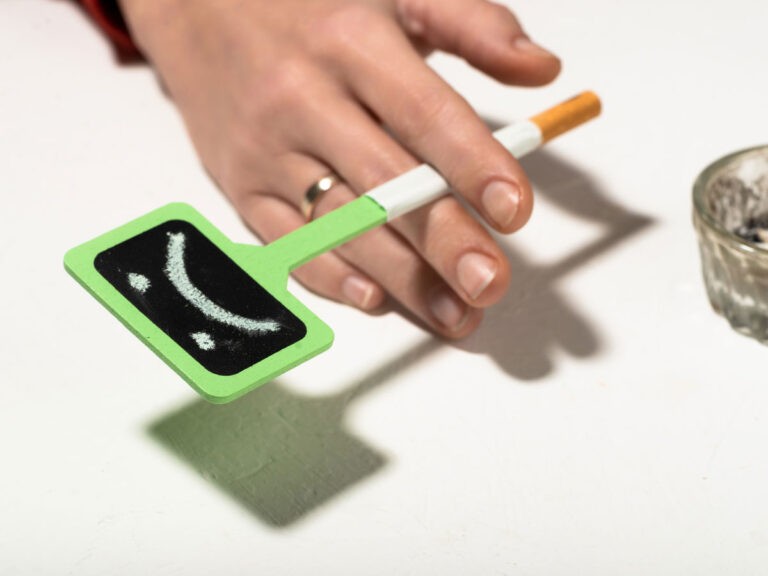
The following happiness experts have mentioned “Optimal Happiness” in their work. “Optimal Happiness” is a term that refers to the highest level of happiness that someone can achieve and maintain in a durable and sustainable way.
These quotes about “Optimal Happiness” show a growing need to describe the above optimal happiness experience, which is why at the end of this article I propose to officially dub this term for further academic use.
7 Optimal Happiness Quotes
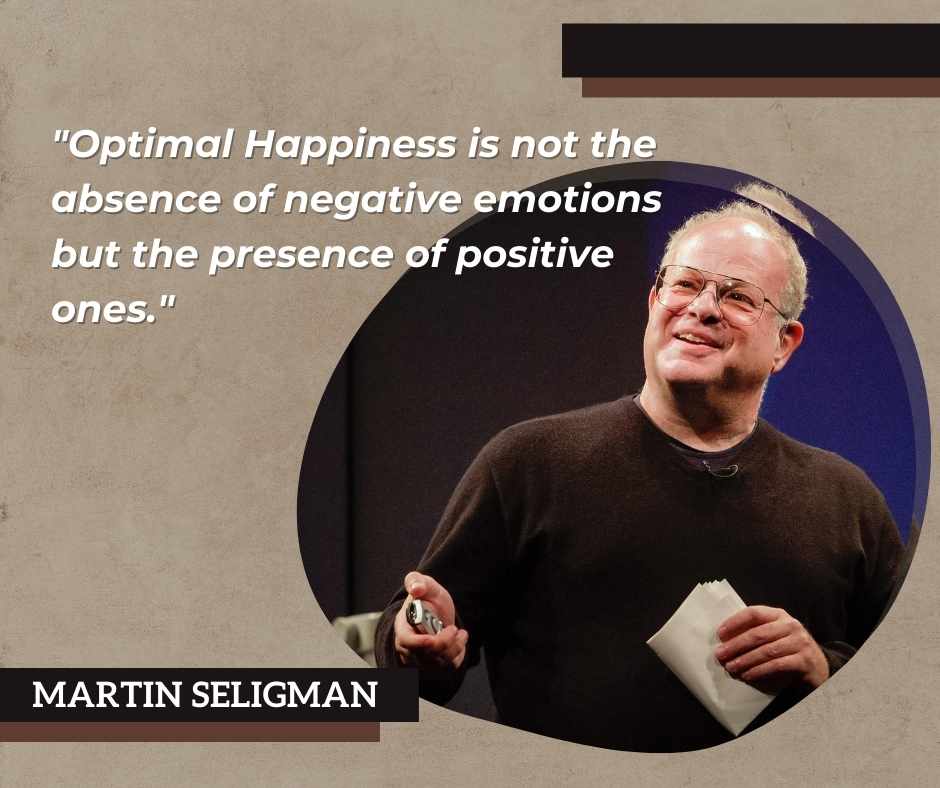
“Optimal Happiness is not the absence of negative emotions but the presence of positive ones.” – Martin Seligman
“People who are optimally happy live their lives with a sense that they are in charge of their destiny and that they can make things happen.” – Martin Seligman
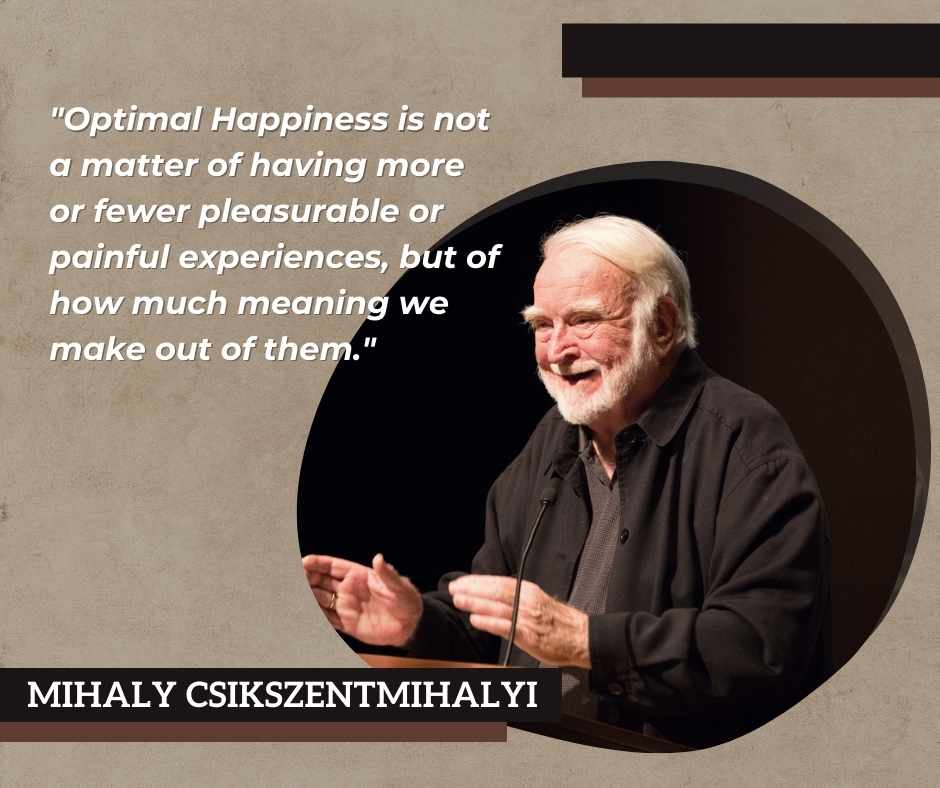
“Optimal Happiness is not a matter of having more or fewer pleasurable or painful experiences, but of how much meaning we make out of them.” – Mihaly Csikszentmihalyi
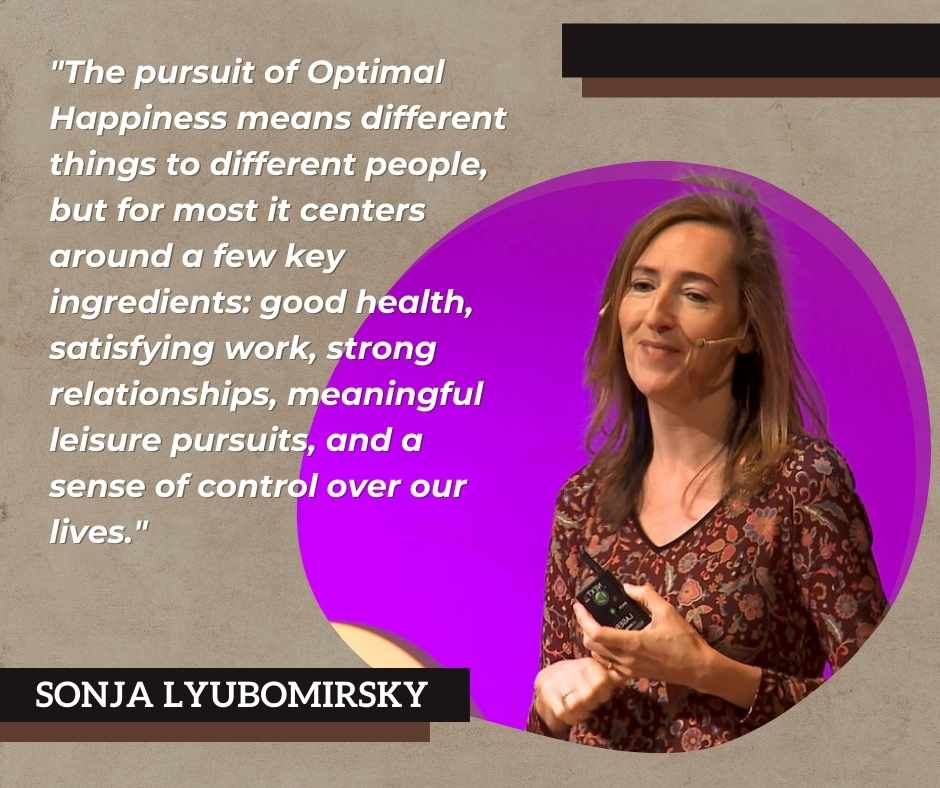
“The pursuit of Optimal Happiness means different things to different people, but for most it centers around a few key ingredients: good health, satisfying work, strong relationships, meaningful leisure pursuits, and a sense of control over our lives.” – Sonja Lyubomirsky
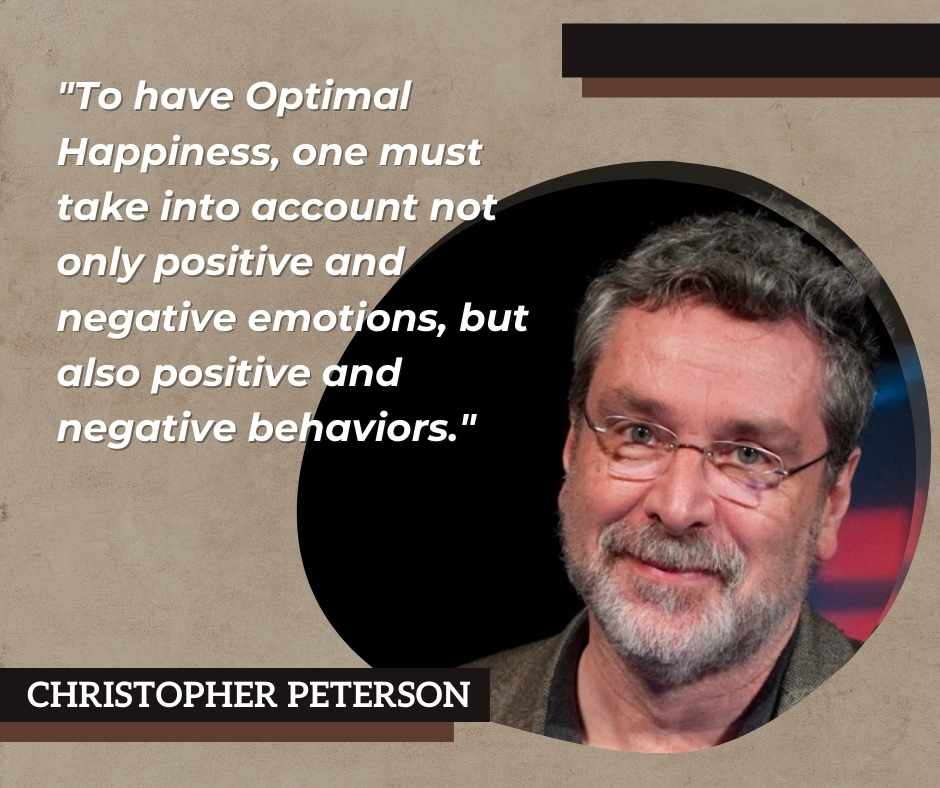
“To have Optimal Happiness, one must take into account not only positive and negative emotions, but also positive and negative behaviors.” – Christopher Peterson
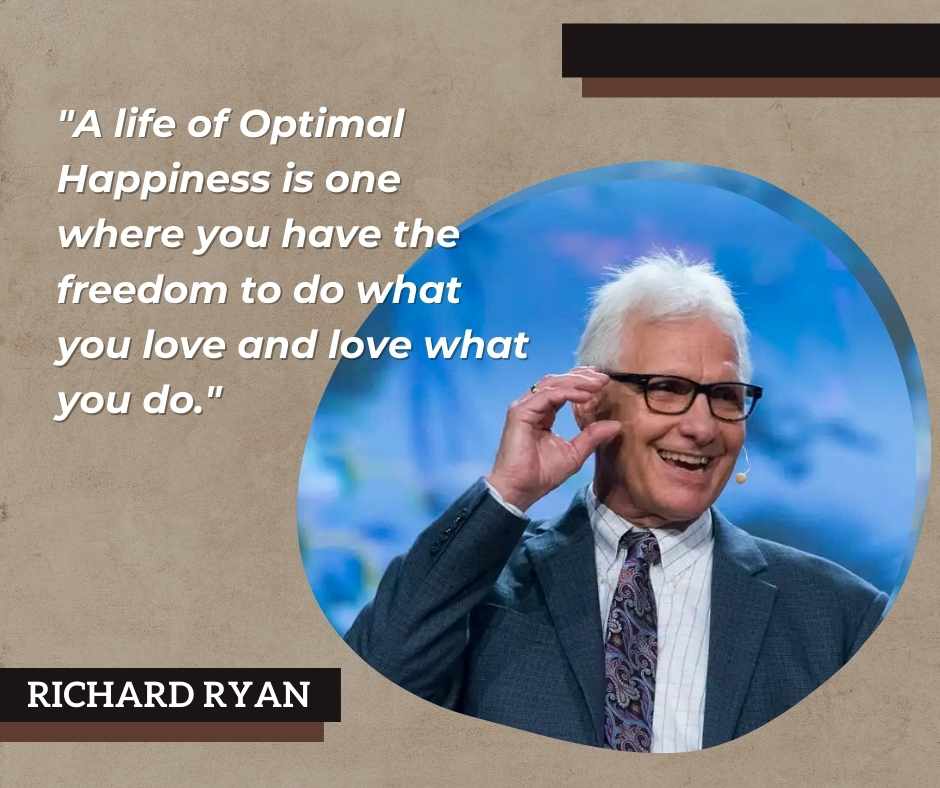
“A life of Optimal Happiness is one where you have the freedom to do what you love and love what you do.” –Richard Ryan
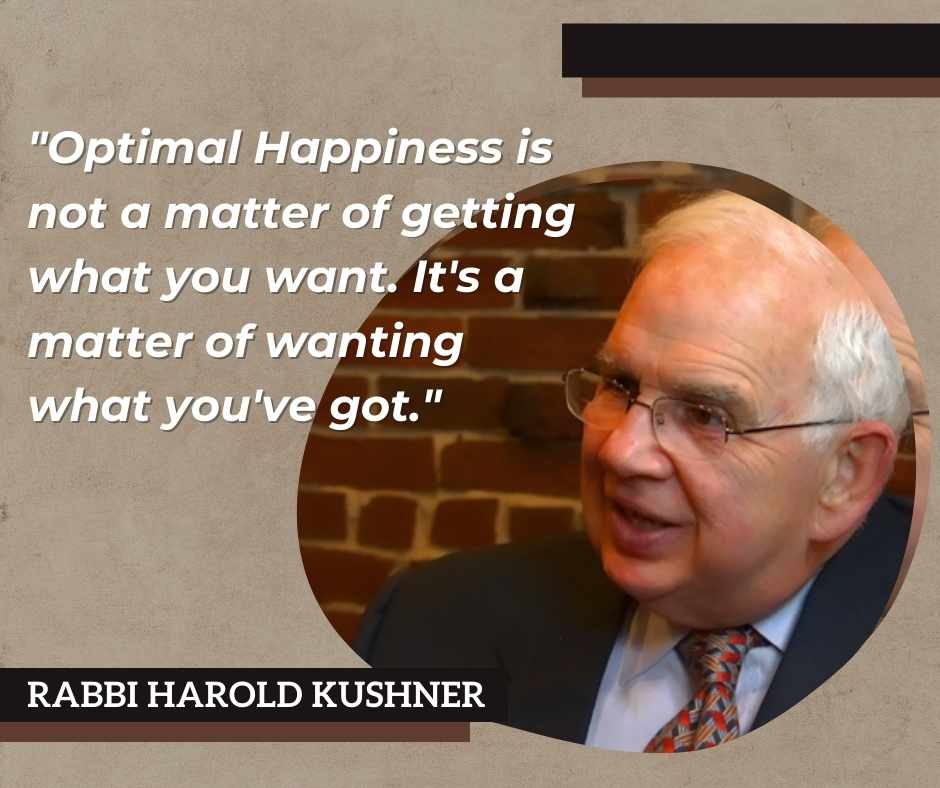
“Optimal Happiness is not a matter of getting what you want. It’s a matter of wanting what you’ve got.” – Rabbi Harold Kushner
276 Other Optimal Happiness Quotes
Furthermore, Optimal Happiness appears over 276 times in Google Scholar and thousands more times in the regular Google search, having been used by many people and researchers in their work, in one form or another. This means that this term is being naturally used by people in an attempt to describe their happiest experience.
Optimal Happiness vs Optimal Experience
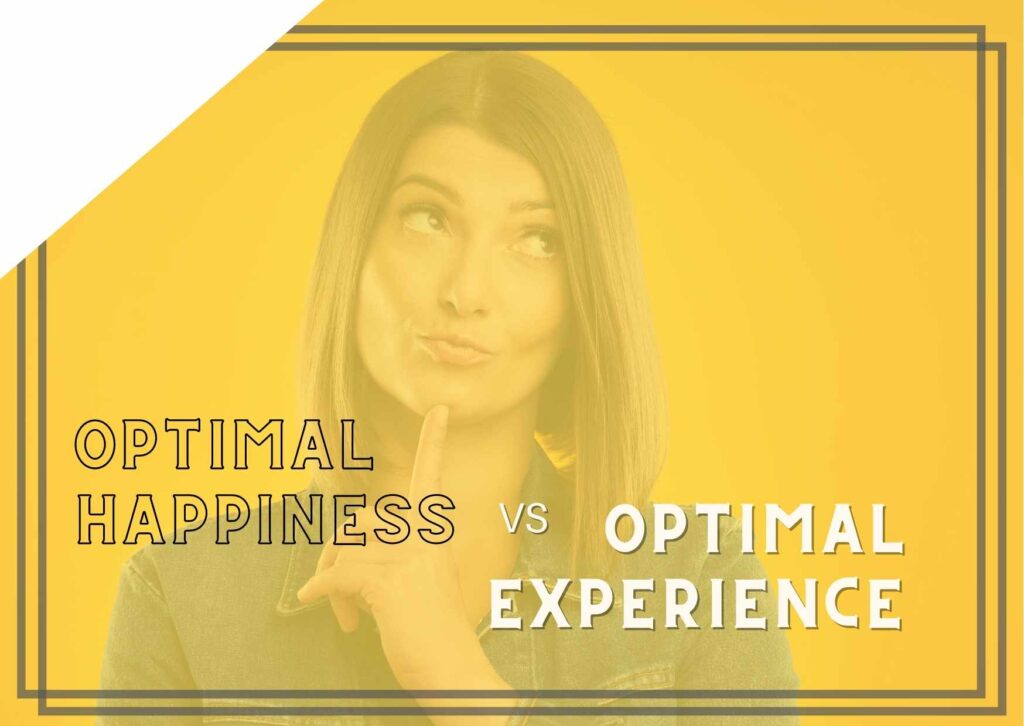
For example, a Hungarian psychologist Mihaly Csikszentmihalyi used a similar term called “Optimal Experience” in his famous book entitled Flow: The Psychology of Optimal Experience in 1990, describing the happiest experience in terms of being fully present and happy while being fully engaged and involved with the tasks at hand.
However, Csikszentmihalyi never insist on dubbing the term “Optimal Experience,” while he did dub “Flow,” scientifically describing something that Buddhists knew for several centuries, which is that “being in the zone”, “now”, or fully present to the moment is one of the most fulfilling and happiest experiences a person can do in their life.
Making “Optimal Happiness” an Official Scientific Term
Still, we need a term to describe our happiest experience, as if we don’t know what we are aiming at, we will never reach it, which is why I propose that we use “Optimal Happiness” as a term to describe this experience. The further use of this one term will increase the needed research into studying this happiest experience, with more researchers looking into a way to put together findings of Traditional and Positive Psychology in a way to understand the questions of happiness maximization and optimization.








